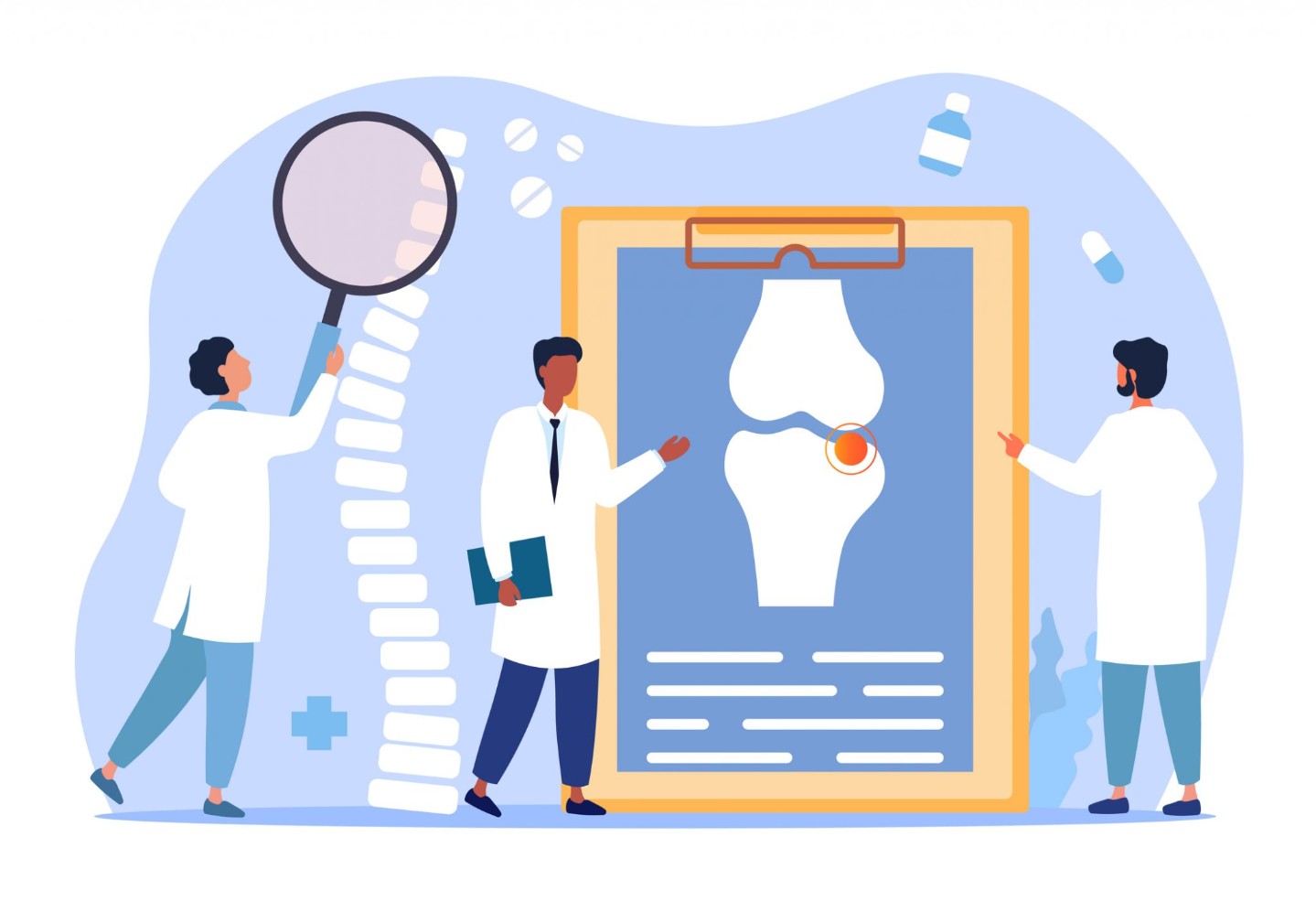Understanding the Holistic Care of a Women's Health Nurse Practitioner
FEB 10, 2026WHNPs consider the intricate interplay of physical, emotional, social, and spiritual factors that impact your health.
Read More
Did you know that approximately 1 in 2 women, age 50 and older, will break a bone due to osteoporosis? About 54 million Americans have osteoporosis and low bone mass. This is a disease that is more common in women than men, and can cause serious and painful lifelong consequences if not treated.
Osteoporosis is a bone disease that occurs when the body loses too much bone, makes too little bone, or both (BHOF, 2022), and as a result, bones become weak and may fracture. Luckily, this is a disease that can be prevented and treated.
Good nutrition and regular exercise are essential to help keep your bones healthy.
Screening is recommended for all women starting at age 65, and as early as age 50 for some women at high risk.
A bone density scan, or DEXA scan, is a special x-ray exam that can detect low bone mass and measure bone mineral density (CDC, 2020). This is the only exam that can diagnose osteoporosis before a broken bone occurs. Talk to your healthcare provider about what you need to do to screen for risk factors today. Reach out to your Primary Care provider for more questions.

WHNPs consider the intricate interplay of physical, emotional, social, and spiritual factors that impact your health.
Read More
Raynaud's phenomenon is a rare disorder that affects the blood vessels, most commonly in the fingers and toes, but sometimes also in the nose, ears, or lips.
Read More
Learn about the myths and facts surrounding pap smears and cervical health.
Read MoreWhen you need local health information from a trusted source, turn to the CHI Health Better You eNewsletter.